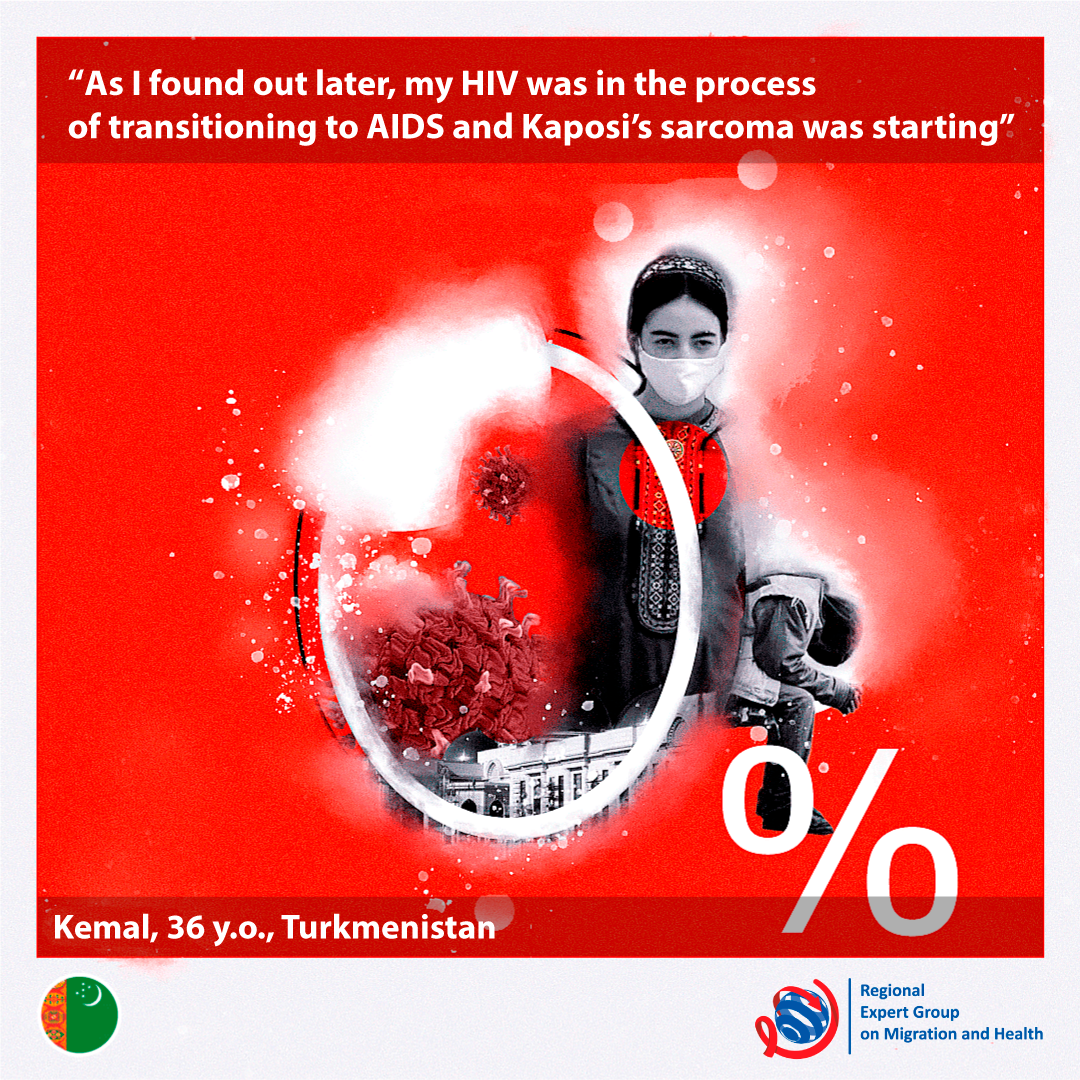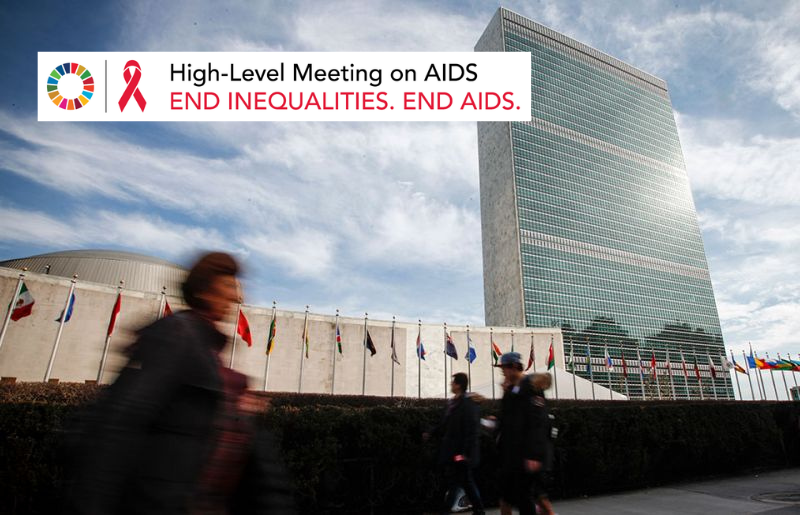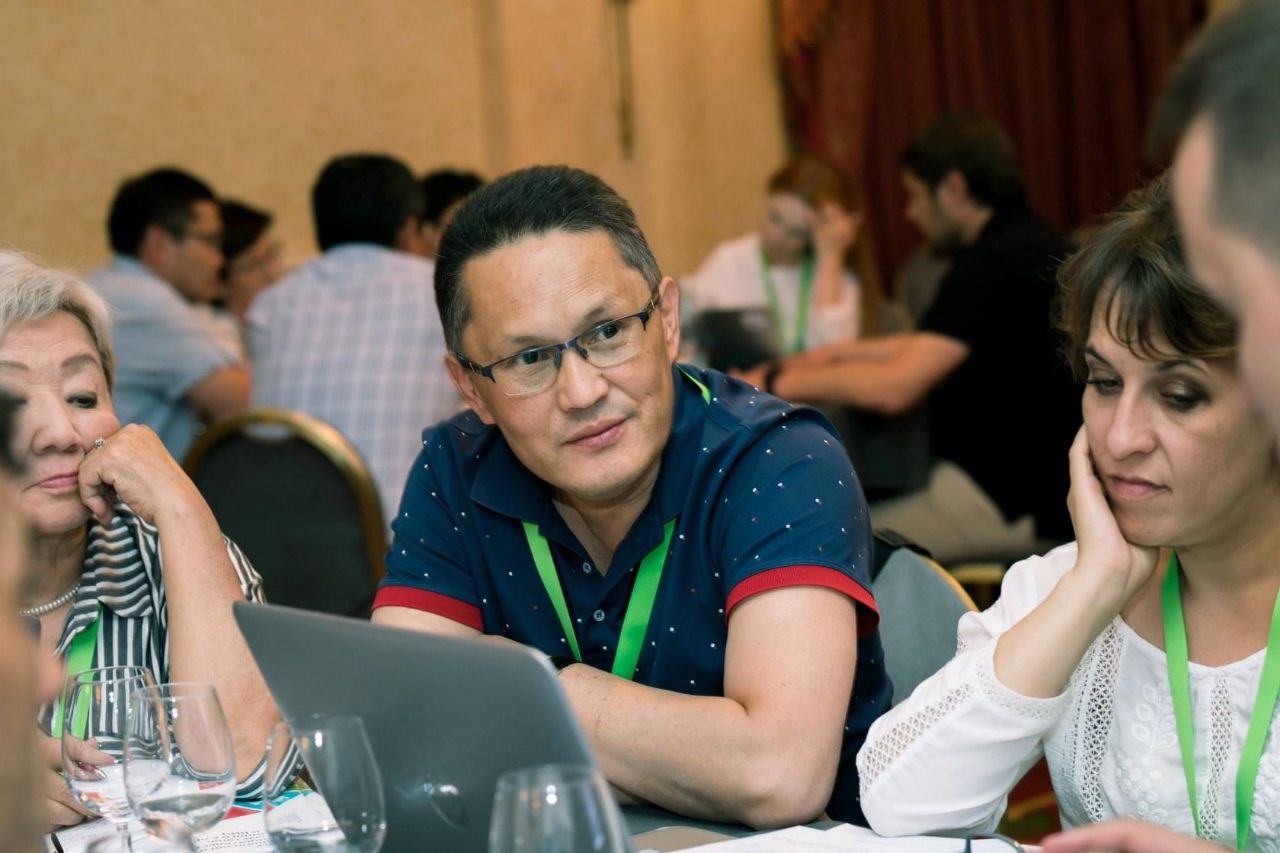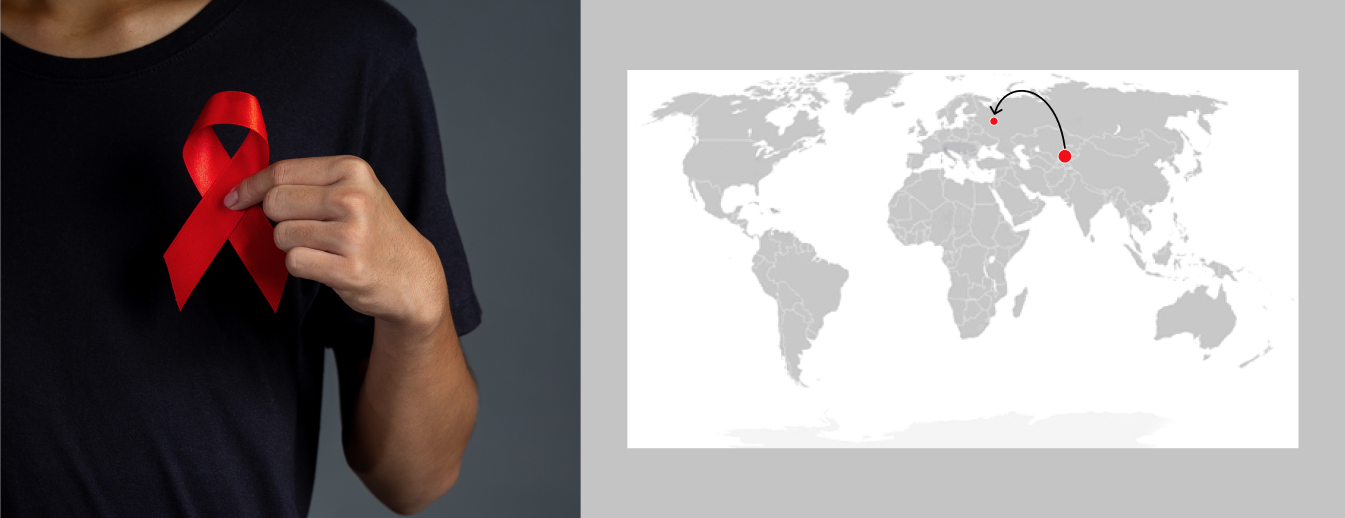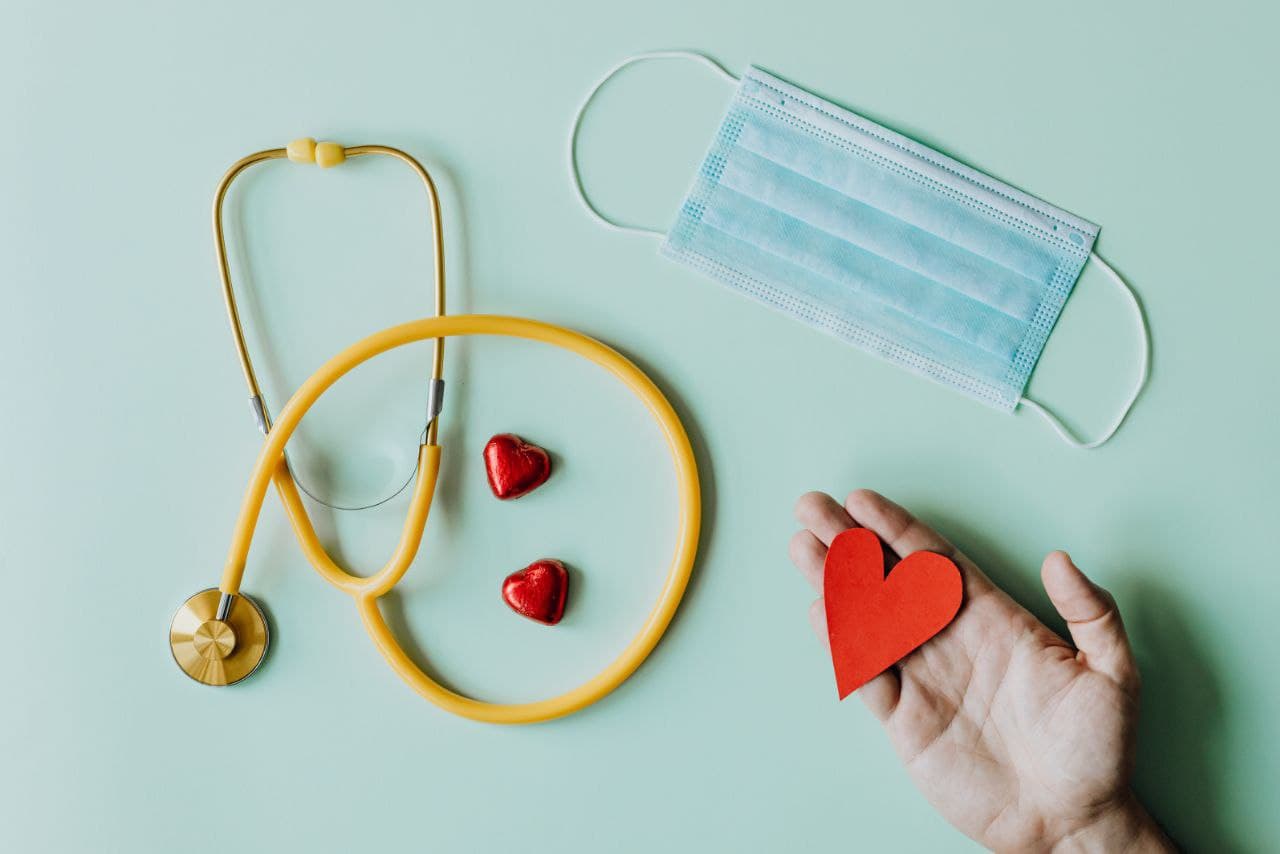I went to Russia, leaving La Havana, right after finishing school. No, not for university. I had only one dream: to leave Cuba. It is a very poor country – the average monthly income in La Havana is 90 dollars. I chose Russia because we don’t need a visa to come here. I used the
Antonio, 22 y.o., Cuba: “My biggest secret from my parents is my HIV status”




